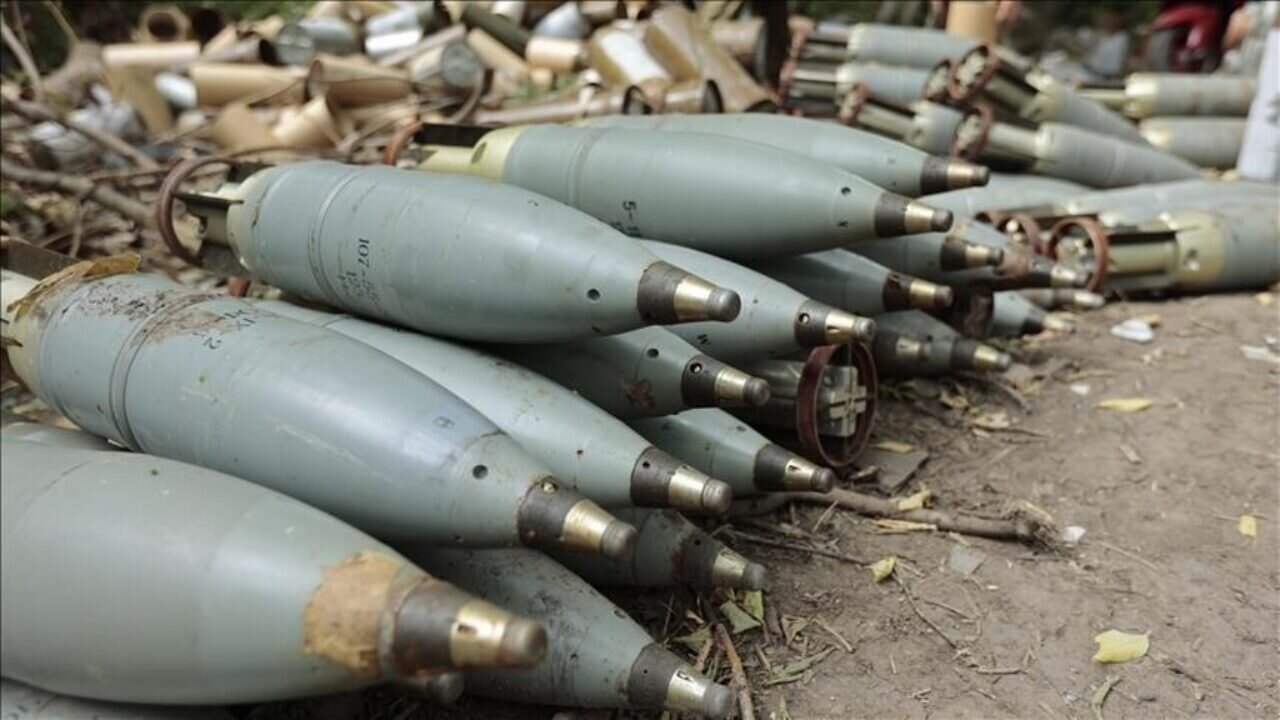EU defense ministers gathered on Wednesday in the Swedish capital Stockholm to discuss highly divisive plans on purchasing military supplies for Ukraine by common procurements.
The informal meeting of EU defense ministers is hosted by the Swedish government that assumed the rotating presidency of the Council of the European Union on Jan. 1.
The ministers will assess the bloc’s support for Ukraine, including the achievements of the EU training mission for Ukrainian soldiers, Swedish Defense Minister Pal Jonson told reporters on the way to the meeting.
The talks will mainly focus on joint EU procurements to provide military aid to Ukraine as the country “direly needs ammunition” to end the war, Jonson added.
Ukrainian Defense Minister Oleksii Reznikov will also join his EU colleagues.
It was originally Estonian Premier Kaja Kallas who suggested at the EU leaders’ summit in February to set up a joint procurement system for purchasing arms for Ukraine in a similar way the bloc supported the development of COVID-19 vaccines and secured the supply of jabs.
Since then, the Estonian government has developed the plan further and proposed to provide 1 million rounds of 155 mm ammunition to Ukraine.
According to the estimates of Estonian Defense Minister Hanno Pevkur, the procurement would cost around €4 billion ($4.2 billion).
“We need fresh money and we need it quickly,” Pevkur stressed ahead of the meeting, expressing hope that the ministers will find a “political consensus” in Stockholm.
Yet “money is not coming from the sky,” EU foreign policy chief Josep Borrell warned on the way to the reunion.
He explained that he presented a plan based on “three pillars” to EU member states, in which the bloc would first supply Ukraine from its existing stocks, then start common procurements and increase the capacity of the European defense industry in the long run.
Borrell stressed that “we must use what we have” and send ammunition from the existing reserves financed by the European Peace Facility.
At the same time, EU Commissioner for Internal Market Thierry Breton suggested involving the European Investment Bank to finance the joint procurements, but the plan would require to change to the institution’s funding treaty.
EU foreign and defense ministers are expected to make a final decision on the joint procurements to supply aid to Ukraine at their meeting on March 20-21 in Brussels.
Joined by NATO Secretary-General Jens Stoltenberg, the ministers will also discuss EU-NATO relations during the second session of the reunion in Stockholm.
Source: AA









